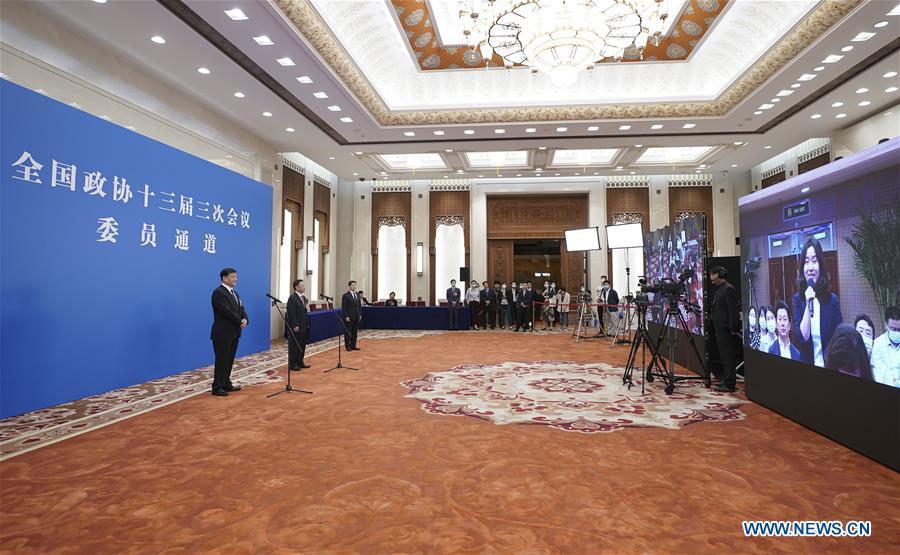Getting Everyone on the Same Page

As a foreigner living in China, I often hear “the government” is doing something, ordering something to be done, changing something, allowing something or disallowing something. Once when I took a tour in a historical area of Beijing, I learned in greater detail that “the government” is not just one monolithic entity. In Beijing local matters, there are the municipal government, the central government, and then a number of national agencies that have to have some representation inside the capital. Working with “the government” to restore a historical area of the city means finding out who you have to talk to: a municipal official, a representative of the national historical preservation administration, or even a functionary of an obscure national-level government department that just happens to manage this patch of land in a historical area. With the yearly “two sessions” going on, it’s important to remember the complexity of governing China.
Local matters require local finesse, but national matters require national coordination. There is a constant zooming in and zooming out in government. As the government of China has worked out its methods and established its traditions of operation, the mechanisms have come together for local information to filter up and for national-level opinions to filter down. Local news goes up to Beijing, and ideas circulating in Beijing go down for local input. Some foreign media outlets call the meeting of the National People’s Congress a “rubber stamp” legislature, but what they do not appreciate is the months and even years of deliberation before the traditional two weeks of meetings in Beijing. This year it is reduced to one week due to the ongoing COVID-19 pandemic, but further meetings are being conducted over video calls. The two sessions do not “rubber stamp” what Beijing has forced on the whole country; they formalize what the government (including local governments at various levels) has decided through consensus.
For me as a foreigner living in China, it is good to see the two sessions going on. The COVID-19 pandemic has disturbed everyone in different ways at every level in every country. Every place in China has fared differently. The two sessions were postponed due to anti-epidemic control measures, but the postponement has allowed the proceedings of the two sessions to include China’s experience in tackling the pandemic. Emergencies require sharp, quick action. COVID-19 will be likely with us until the two sessions in 2021, so convening these meetings at this time addresses the need for regular, consistent action beyond short-term emergency conditions. The world isn’t going back to normal any time soon. The more we can deal with the pandemic and the disruption it causes through normal means, the more we can return to normal lives. For China, that means having the two sessions, even if it has to be a little late.
